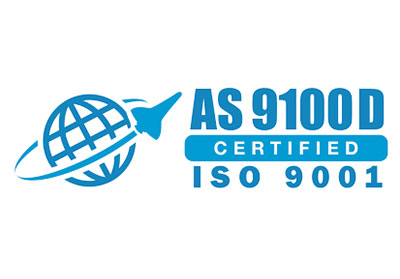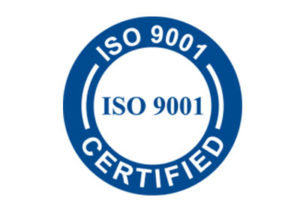In the nearly five years since Liberty Electronics has utilized 3D printing in its manufacturing processes, the company has not only increased offerings to its clients, but also improved the lives and careers of its own employees. Through the use of additive manufacturing to provide worker accommodations, Liberty has solved several common problems relating to accommodations and disabilities in the workplace. The results have been exceptional and the company sets itself apart from its competitors with its innovative approach.
On any manufacturing floor, no two workers are going to do a job exactly the same way. Each person is a unique individual who holds tools differently and has different needs. Unfortunately, this creates variability in the parts a given team of workers produces. Even the difference between a left- or right-handed worker can impact how the job is done.
This variability is especially marked in workers needing accommodations due to disabilities. With an awareness of the Americans with Disabilities Act (ADA), and a desire to adapt the job to fit workers’ needs, Liberty has made accommodations for workers in the past by ordering custom tooling, jigs, and fixtures to assist individual employee success at work.
Often times, however, these custom orders would take multiple weeks and a large expense, still not fit exactly to the individual’s specifications. Even with all the possible accommodations being made, workers with handicaps or disabilities still suffered the undue burden of lessened productivity or even physical pain.
3D printing has proven perfect for this application. Now, custom tooling can be designed and manufactured in-house in a matter of hours and can fit a worker’s needs exactly.
Modeling tooling to fit the individual creates consistency and doesn’t force the employee into a shape or movement that doesn’t fit their disability
With additive manufacturing, Liberty creates worker accommodations that do not currently exist in the marketplace, printing anything an employee needs to do their job more easily. This is like having an entire storeroom of custom tools at the company’s immediate disposal.
The results so far have been extraordinary. According to an article which originally appeared in Additive Manufacturing magazine, the use of 3D printing for worker accommodations has reduced process times by 50-65 percent and increased productivity in workers by 300 percent. Additionally, the cost to 3D print a custom part is 80-85 percent cheaper than outsourcing, and results in higher employee retention and increased precision and accuracy in the products made.(I)
Such a groundbreaking use of additive manufacturing seems like it would be commonplace in the industry, but Liberty is unique in this application. While most engineers use 3D printing strictly for design, Liberty utilizes the process throughout the production and manufacturing process. While some manufacturers have used 3D printing this way on occasion, it hasn’t happened nearly to the degree that Liberty has taken this approach.
As a result, Liberty has seen growth in its own company culture, one of care and support for its employees, demonstrating that the company does not merely value its employees for what they produce, but that it values the people themselves to a very high degree.
By utilizing additive manufacturing for ergonomic applications, Liberty has solved some common problems in the industry regarding the needs of workers who require accommodation. As a result, the company continues to see tremendous productivity, cost savings, and efficiency, all the while setting itself apart as an innovative manufacturer with a company culture built on appreciation and support for its employees.
* * *
What aspects of additive manufacturing do you see the biggest possibilities coming from? Let us know in the comments below. Are there questions we can answer concerning our 3D printing capabilities? Let us know by contacting us.
1. Donaldson, Brent. “Empathy in Engineering: 3D-Printed Accommodations for the Workforce.” Additive Manufacturing. 23 February 2018. https://www.additivemanufacturing.media/articles/empathy-in-engineering-3d-printed-accommodations-for-the-workforce





